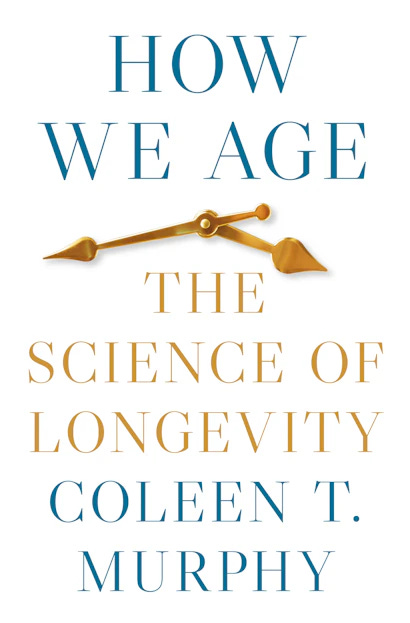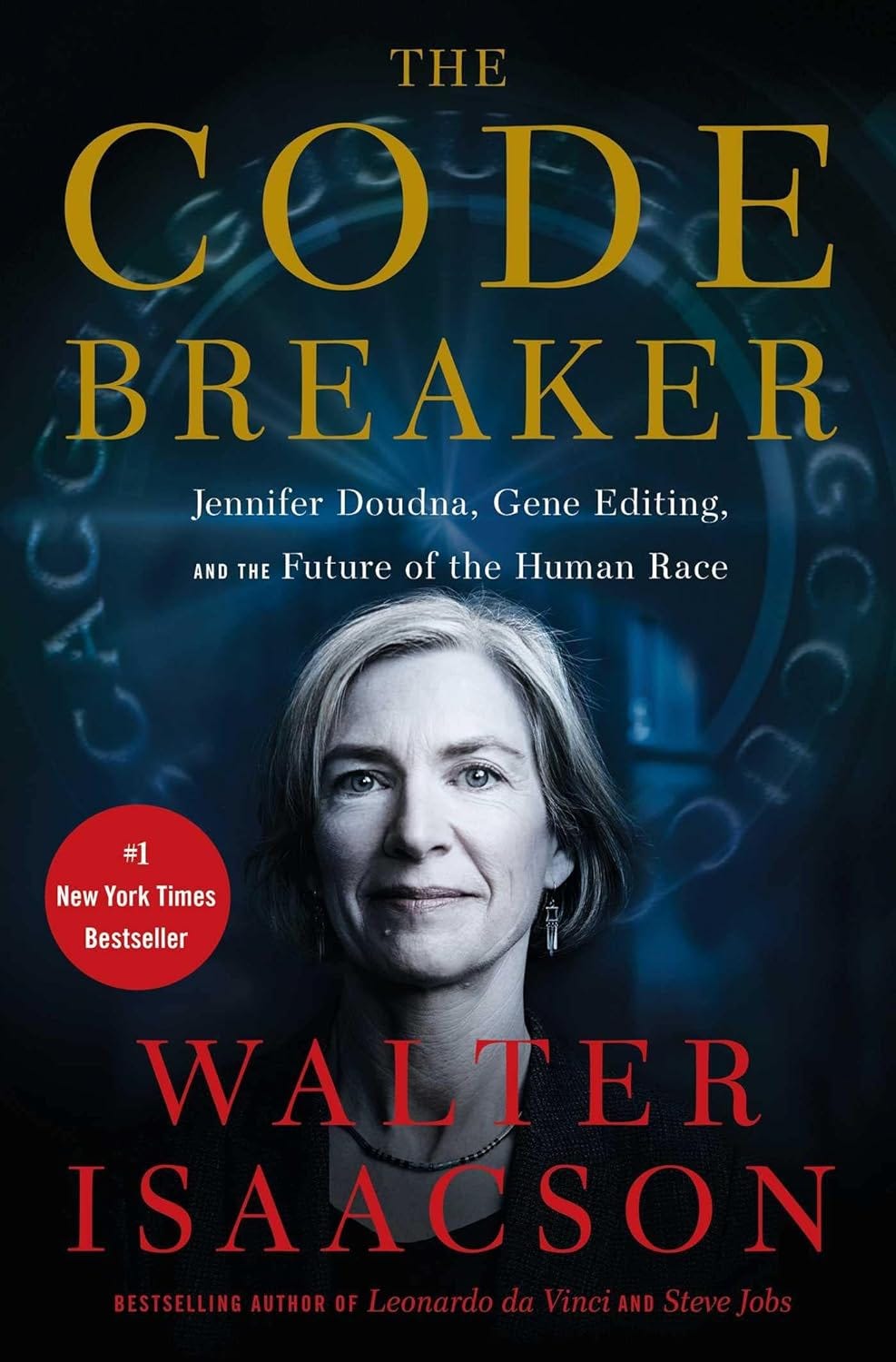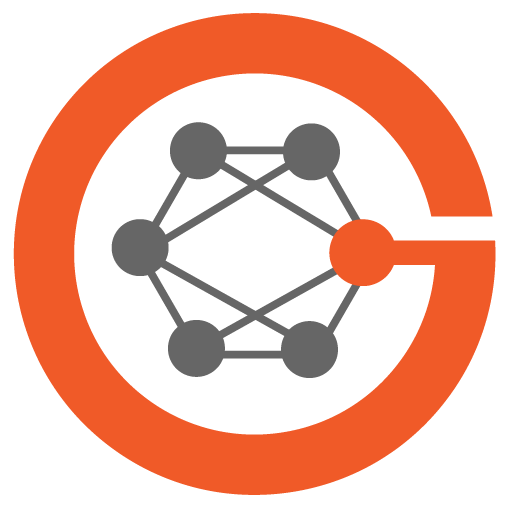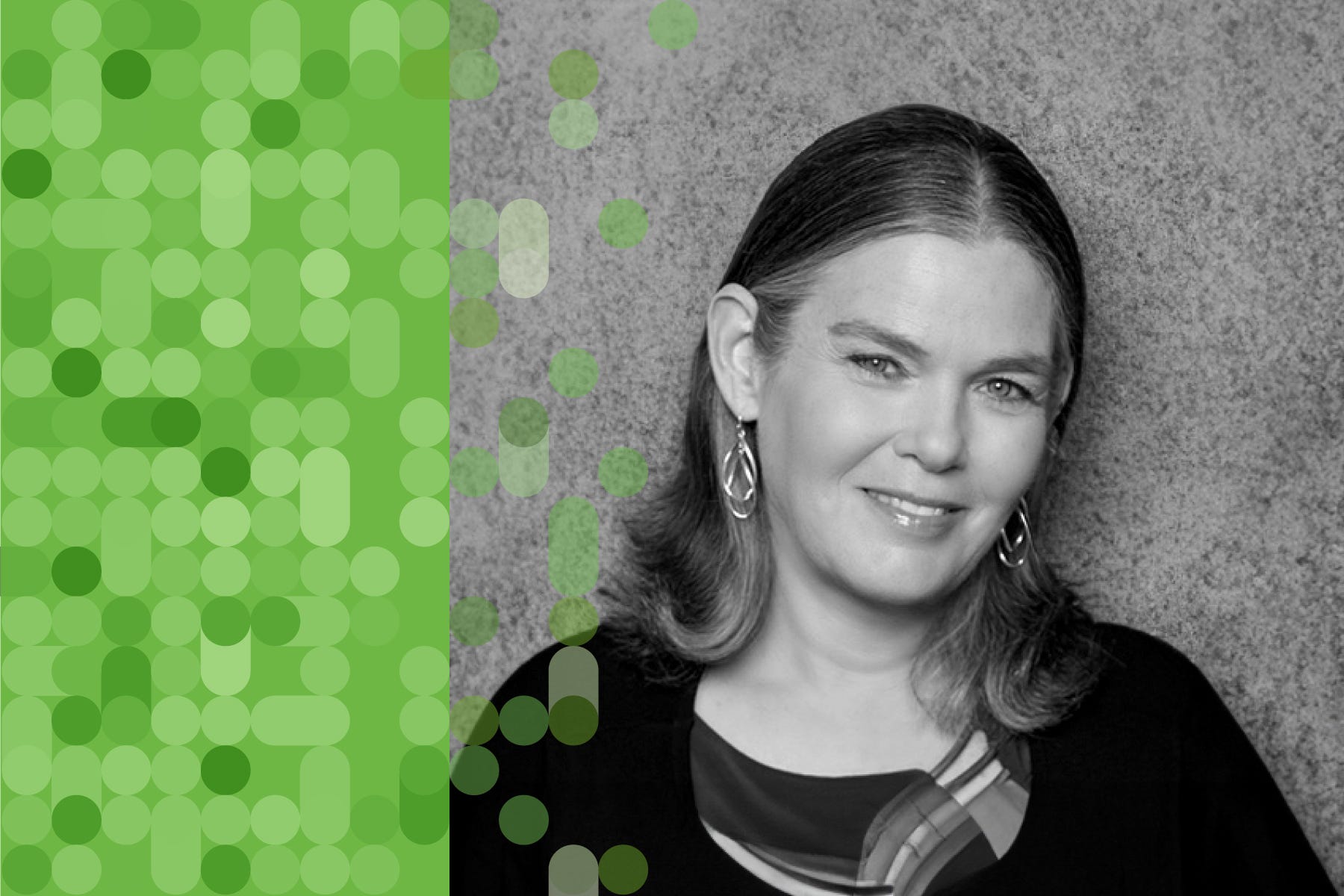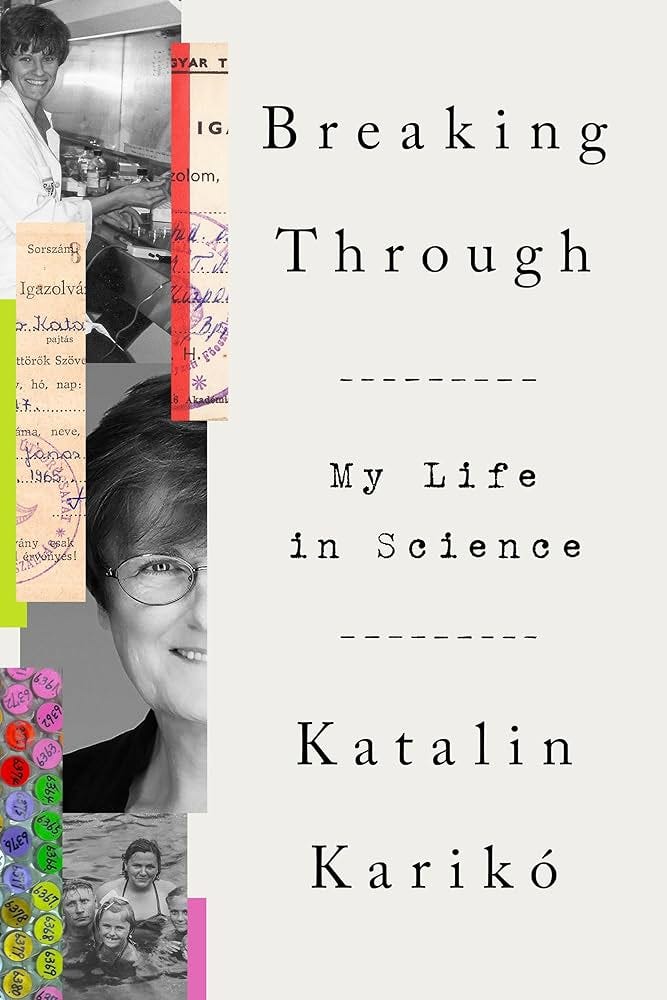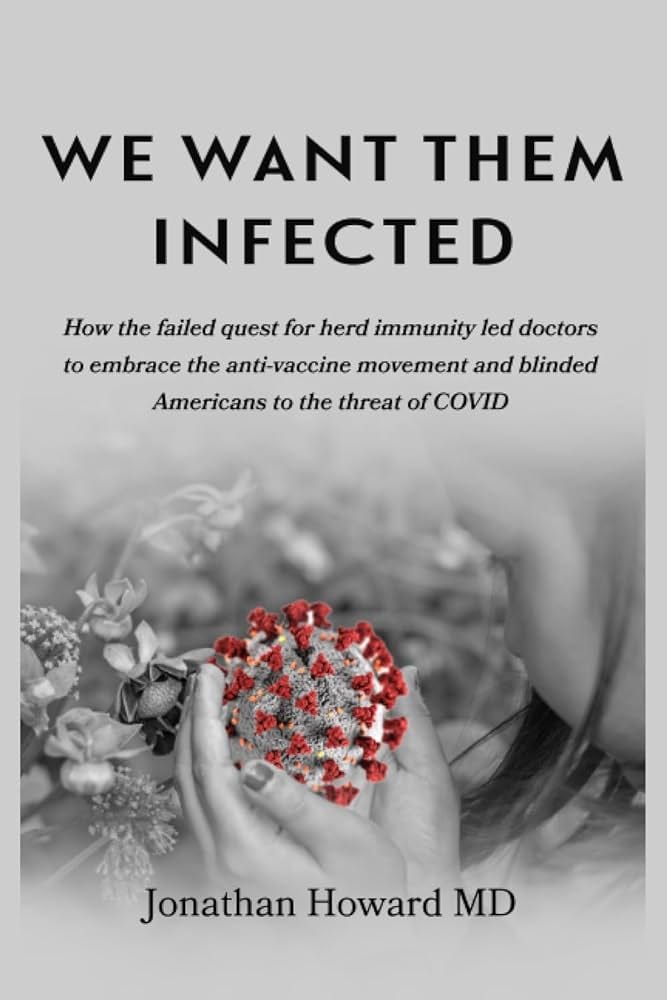Coleen Murphy: The Science of Aging and Longevity
Description
“A few years ago, I might have chuckled at the naiveté of this question, but now it's not so crazy to think that we will be able to take some sort of medicine to extend our healthy lifespans in the foreseeable future.”—Coleen Murphy
Transcript with external links
Eric Topol (00:06 ):
Hello, this is Eric Topol from Ground Truths, and I'm just so delighted to have with me Professor Coleen Murphy, who has written this exceptional book, How We Age: The Science of Longevity. It is a phenomenal book and I'm very eager to discuss it with you, Coleen.
Coleen Murphy (00:25 ):
Thanks for having me on.
Eric Topol (00:27 ):
Oh yeah. Well, just so everyone who doesn't know Professor Murphy, she's at Princeton. She's the Richard Fisher Preceptor in Integrative Genomics, the Lewis-Sigler Institute for Integrative Genomics at Princeton, and director of the Paul Glenn Laboratories for Aging Research. Well, obviously you've been in this field for decades now, even though you're still very young. The classic paper that I can go back to would be in Nature 2003 with the DAF-16 and doubling the lifespan of C. elegans or better known as a roundworm. Would that be the first major entry you had?
Coleen Murphy (01:17 ):
Yeah, that was my postdoctoral work with Cynthia Kenyon.
Eric Topol (01:20 ):
Right, and you haven't stopped since you've been on a tear and you’ve put together a book which has a hundred pages of references in a small font. I don't know what the total number is, but it must be a thousand or something.
Coleen Murphy (01:35 ):
Actually, it's just under a thousand. That's right.
Eric Topol (01:37 ):
That's a good guess.
Coleen Murphy (01:38 ):
Good guess. Yeah.
Eric Topol (01:39 ):
So, because I too have a great interest in this area, I found just the resource that you've put together as extraordinary in terms of the science and all the work you've put together. What I was hoping to do today is to kind of take us through some of the real exciting pathways because there's a sentence in your book, which I thought was really kind of nailed it, and it actually is aligned with my sense. Obviously don't have the expertise by any means that you do here but it says, “A few years ago, I might have chuckled at the naivety of this question, but now it's not so crazy to think that we will be able to take some sort of medicine to extend our healthy lifespans in the foreseeable future.” That's a pretty strong statement for a person who's deep into the science. First I thought we'd explore healthy aging health span versus lifespan. Can you differentiate that as to your expectations?
Coleen Murphy (02:54 ):
So, I think most people would agree that they don't want to live necessary super long. What they really want to do is live a healthy life as long as they can. I think that a lot of people also have this fear that when we talk about extending lifespan, that we're ignoring that part. And I do want to assure everyone that the people in the researchers in the aging field are very much aware of this issue and have, especially in the past decade, I think put a real emphasis on this idea of quality of life and health span. What's reassuring is actually that many of the mechanisms that extend lifespan in all these model organisms also extend health span as well and so I don't think we're going to, they're not diametrically opposed, like we'll get to a healthier quality of life, I think in these efforts to extend lifespan as well.
Eric Topol (03:50 ):
Yeah, I think that's important that you're bringing that up, which is there's this overlap, like a Venn diagram where things that do help with longevity should help with health span, and we don't necessarily have to follow as you call them the immoralists, as far as living to 190 or whatever year. Now, one of the pathways that's been of course a big one for years and studied in multiple species has been caloric restriction. I wonder if you could talk to that and obviously there's now mimetics that could simulate that so you wouldn't have to go through some major dietary starvation, if you will. What are your thoughts on that pathway?
Coleen Murphy (04:41 ):
Yeah, actually I'm really glad you brought up mimetics because often the conversation starts and ends with you should eat less. I think that is a really hard thing for a lot of people to do. So just for the background, so dietary restriction or caloric restriction, the idea is that you would have to take in up to 30% less than your normal intake in order to start seeing results. When we've done this with laboratory animals of all kinds, this works from yeast all the way up through mice, actually primates, in fact, it does extend lifespan and in most metrics of health span the quality of life, it does improve that as well. On the other hand, I think psychologically it's really tough to not eat enough and I think that's a part that we kind of blindly ignore when we talk about this pathway.
Coleen Murphy (05:30 ):
And of course, if we gave any of those animals the choice of whether they want to start eating more, they would. So, it's like that's not the experiment we ever hear about. And so, the idea for studying this pathway isn't just to say, okay, this works and now we know how it works, but as you pointed out, mimetics, so can we target the molecules in the pathway so that we can help people achieve the benefits of caloric restriction without necessarily having to do the kind of awful part of restriction? I think that's really cool, and especially it might be very good for people who are undergoing certain, have certain diseases or have certain impairments that it might make it difficult ever to do dietary restrictions, so I think that's a really great thing that the field is kind of getting towards now.
Eric Topol (06:15 ):
And I think in fact, just today, it's every day there's something published now. Just today there was a University of Southern California study, a randomized study report comparing plant-based fasting-mimicking diet versus controlled diet, and showed that many metabolic features were improved quite substantially and projected that if you stayed on that diet, you'd gain two and a half years of healthy aging or that you would have, that's a bit of an extrapolation, but quite a bit of benefit. Now, what candidates would simulate caloric restriction? I mean, what kind of molecules would help us do that? And by the way, in the book you mentioned that the price to pay is that the brain slows down with caloric restrictions.
Coleen Murphy (<a target="_blank" href="https://www.rev.com/transcript-editor/shared/YJ4veTB4Q82TQJxMnEL7XX_f76RNOyOMmo8ZbUXl7Bel55AiFHBMjCYYGrMGhNhNy4CRhLUQvl-5AuZOfrlMe3KAf0

